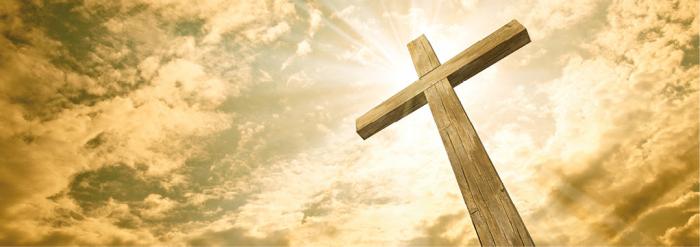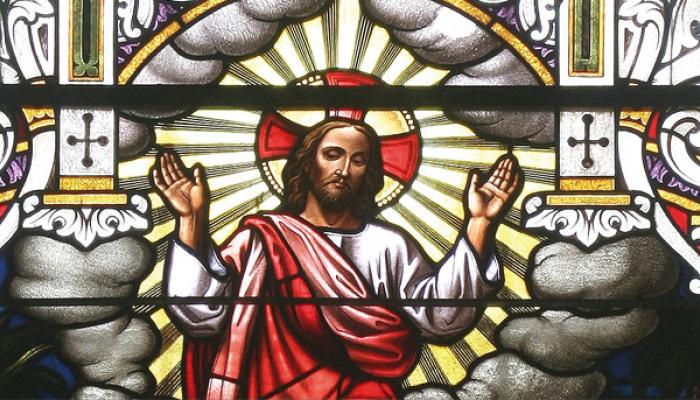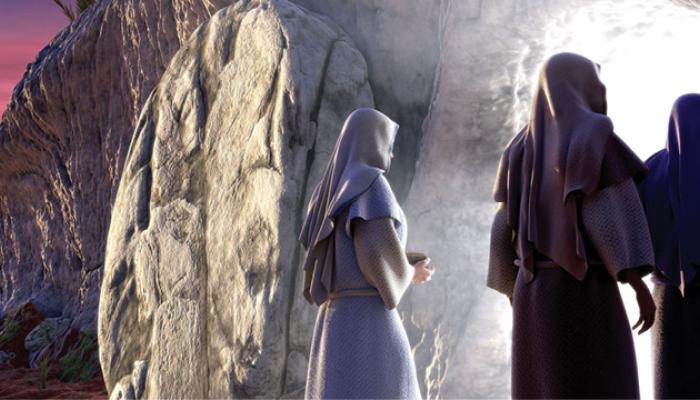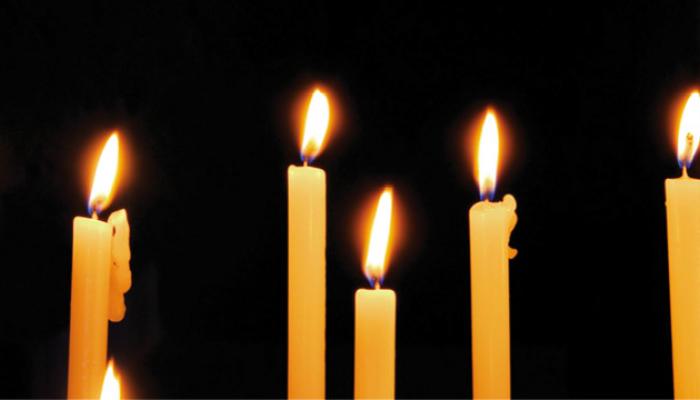
3.31 Do I really have go to church on Good Friday?
Good Friday is a very important day to Christians: this is the day Jesus died on the cross. By dying and rising from the dead on the third day, Jesus made it possible for us to live forever with God in heaven. Until that moment, this was not possible. So Jesus died to bring us life!
The reason we call this Friday ‘good’ is because Jesus demonstrated how much he loves us. That is why it is so important to go to church to pray the Stations of the Cross on this day, and especially to pray with others during the liturgy of Good Friday, in order to stay with Jesus, who was willing to sacrifice his life for us.
What are the results of the sacrifice of Christ on the cross?
Jesus freely offered his life as an expiatory sacrifice, that is, he made reparation for our sins with the full obedience of his love unto death. This love “to the end” (John 13:1) of the Son of God reconciled all of humanity with the Father. The paschal sacrifice of Christ, therefore, redeems humanity in a way that is unique, perfect, and definitive; and it opens up for them communion with God. [CCCC 122]
Why did Jesus have to redeem us on the Cross, of all places?
The Cross on which Jesus, although innocent, was cruelly executed is the place of utmost degradation and abandonment. Christ, our Redeemer, chose the Cross so as to bear the guilt of the world and to suffer the pain of the world. So he brought the world back home to God by his perfect love.
God could not show his love more forcibly than by allowing himself in the person of the Son to be nailed to the Cross for us. Crucifixion was the most shameful and most horrible method of execution in antiquity. It was forbidden to crucify Roman citizens, whatever crimes they were guilty of. Thereby God entered into the most abysmal sufferings of mankind. Since then, no one can say “God does not know what I’m suffering.” [Youcat 101]
Why are we too supposed to accept suffering in our lives and thus “take up our cross” and thereby follow Jesus?
Christians should not seek suffering, but when they are confronted with unavoidable suffering, it can become meaningful for them if they unite their sufferings with the sufferings of Christ: “Christ … suffered for you, leaving you an example, that you should follow in his steps” (1 Pet 2:21).
Jesus said, “If any man would come after me, let him deny himself and take up his cross and follow me” (Mk 8:34). Christians have the task of alleviating suffering in the world. Nevertheless, there will still be suffering. In faith we can accept our own suffering and share the suffering of others. In this way human suffering becomes united with the redeeming love of Christ and thus part of the divine power that changes the world for the better. [Youcat 102]
What is the “hell” into which Jesus descended?
This “hell” was different from the hell of the damned. It was the state of all those, righteous and evil, who died before Christ. With his soul united to his divine Person Jesus went down to the just in hell who were awaiting their Redeemer so they could enter at last into the vision of God. When he had conquered by his death both death and the devil “who has the power of death” (Hebrews 2:14), he freed the just who looked forward to the Redeemer and opened for them the gates of heaven. [CCCC 125]
Jesus dies on the Cross and lies in the tomb. The day of Good Friday, so permeated by human sadness and religious silence, closes in the silence of meditation and prayer. In returning home, we too, like those who were present at the sacrifice of Jesus, "beat our breasts", recalling what happened (cf. Lk 23: 48). Is it possible to remain indifferent before the death of God? For us, for our salvation he became man and died on the Cross. [Pope Benedict XVI, Address on Good Friday, 21 Mar. 2008]





